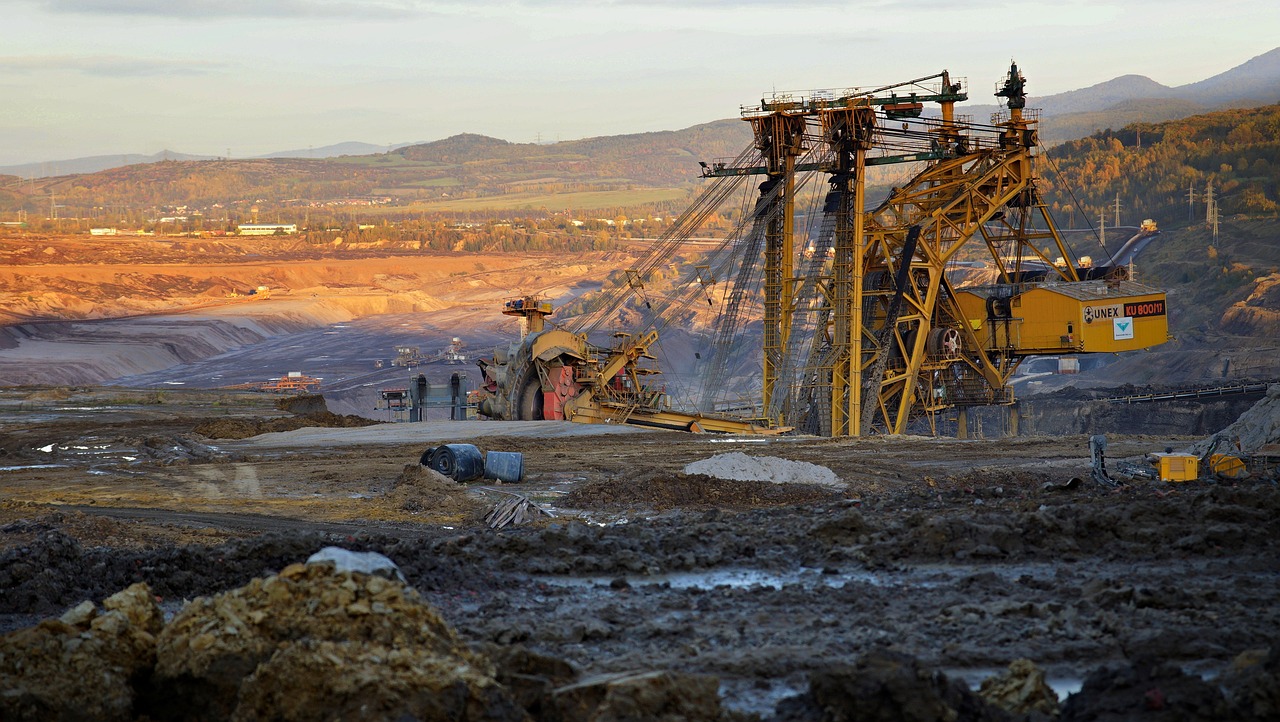Booming Demand Spurs Copper Price to New Highs
–News Direct–

Copper prices have reached new highs, driven by booming demand and supply constraints.
The surge in demand can be attributed to several factors, including the rapid growth of the electric vehicle (EV) market. EVs require significantly more copper than traditional vehicles, and with countries like China and India leading the charge in EV adoption, the demand for copper has skyrocketed. The International Energy Agency predicts that worldwide copper demand could increase by 30% to 60% by 2040 compared to 2022 levels.
US infrastructure projects, led by the Biden administration, have also boosted copper demand. Supply constraints from labor disputes, regulations, and COVID-19 disruptions, along with a shift to renewable energy, have tightened the market, affecting key producers like Chile and Peru.
The combination of strong demand and limited supply has driven copper prices to record highs, surpassing levels last seen over a decade ago.
Goldman Sachs predicts a 40% price increase in copper over the next year, especially in the second half, due to tight global inventories. Analyst Nicholas Snowdon suggests higher prices are needed to balance the market, foreseeing prices peaking next year. He anticipates copper reaching $10,000 per tonne by 2024 and $12,000 per tonne by Q1 2025.
Looking ahead, the long-term outlook for copper remains positive. As the world continues to transition towards a greener economy, the demand for copper is expected to remain robust.
According to a recent report on the copper market by BMI, a Fitch Solutions research unit, the rising demand for copper, coupled with a weakening U.S. dollar in the latter part of this year, may lead to further increases in copper prices.
If supply disruptions and high demand persist, copper prices could rise by over 75% in the coming years. BMI estimates that in the long term, the copper market will stay in a sustained deficit due to the energy transition, continuing to drive demand for copper.
Amidst the backdrop of rising global copper demand and tightening supply, Gladiator Metals Corp. (TSXV:GLAD) (OTC:GDTRF) emerges as a key player in this dynamic market.
With its sights set on the expansive Whitehorse Copper Project in Yukon, Canada, Gladiator Metals is primed to tap into the burgeoning demand for this indispensable metal. Spanning 16,980 hectares and benefiting from its proximity to vital infrastructure like highways and power lines, the Whitehorse Copper Project is not just vast; it's strategically positioned for cost-effective exploration and subsequent development.
High-Grade Copper Exploration in Canada's Whitehorse Copper Belt
Gladiator Metals (TSXV:GLAD) (OTC:GDTRF) Whitehorse Copper Project stands out for its significant copper mineralization potential, as indicated by historical drilling results and geophysical surveys. In addition to copper, the presence of other metals like gold, silver, and molybdenum could enhance the project's overall value. Gladiator Metals is planning a comprehensive exploration strategy that includes geological mapping, geochemical sampling, and geophysical surveys to pinpoint drilling targets.
Historical data analysis from 1,284 drill intercepts has revealed high copper grades consistently ranging between 1.42% and 1.54%, with potential by-product credits of gold, silver, and molybdenum potentially increasing the value of the extracted materials by up to 25%.
Gladiator Metals has outlined an exploration target aiming for 50 to 100 million tonnes of resources, envisioning the development of a significant copper production operation exceeding 100 million pounds annually.
The company has strategically segmented the Whitehorse Copper Project into five principal target areas: Little Chief, Middle Chief, Arctic Chief, Cub Trend, War Eagle Trend, and Cowley Park. The Little Chief area, historically the largest mined deposit, is now the focus of a 10,000m drill program aimed at delineating the extent of its high-grade mineralization. The Arctic Chief prospect, celebrated for its historical high-grade copper alongside gold and silver, is also set for a 10,000m drilling campaign, underscoring the project's expansive resource potential.
In March, Gladiator Metals unveiled promising initial drill results from the Middle Chief Prospect for six holes totaling 2162m of drilling within the Chiefs Trend. These results highlight significant copper and gold mineralization, including standout intercepts such as 22 meters at 1.41% copper (Cu) and 0.28 grams per ton (g/t) gold (au) from 208 meters in LCG-001D1, and additional notable findings like 16 meters at 1.29% Cu and 0.61 g/t Au from 249 meters in LCG-001. The drilling encountered mineralization at approximately 150-180m beneath the surface, prompting plans to explore the up-dip extent of these mineralized zones further..
Gladiator Metals also initiated a 5,000 meter diamond drilling program at the Cub Trend Prospect, aiming at significant high magnetic areas identified through the company's ongoing drone magnetic survey. This drilling will target shallow, high-grade, unmined zones of copper skarn mineralization, extending along the strike of the former Keweenaw and Black Cub South open cut mines at the Whitehorse Copper Project, which are open in all directions. The drilling campaign aims to test these zones, where historic data indicates promising unmined mineralization.
With a tight share structure of 40 million shares, 34% of which are owned by insiders, and a fully funded 15,000 metre drill program underway at its high-grade copper project, Gladiator Metals is well-positioned to capitalize on the increasing demand for copper.
Click here to learn more about Gladiator Metals Corp. (TSXV:GLAD) (OTC:GDTRF).
Contact Details
James Young
+1 800-340-9767
Company Website
View source version on newsdirect.com: https://newsdirect.com/news/booming-demand-spurs-copper-price-to-new-highs-936816355
MarketJar
COMTEX_450633919/2655/2024-04-10T08:34:39
Disclaimer: The views, suggestions, and opinions expressed here are the sole responsibility of the experts. No Weekly Central USA journalist was involved in the writing and production of this article.
